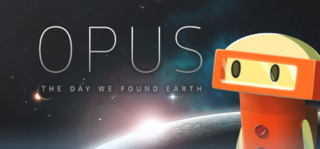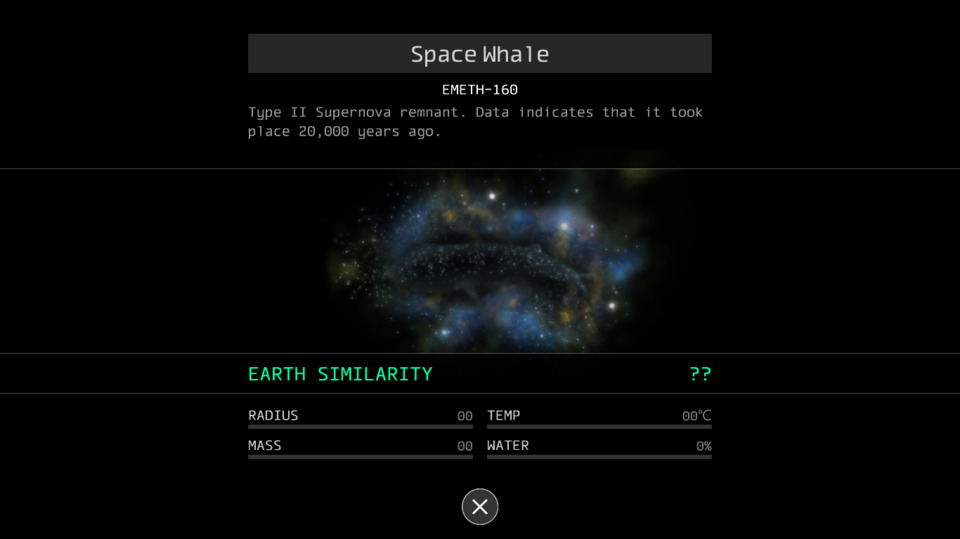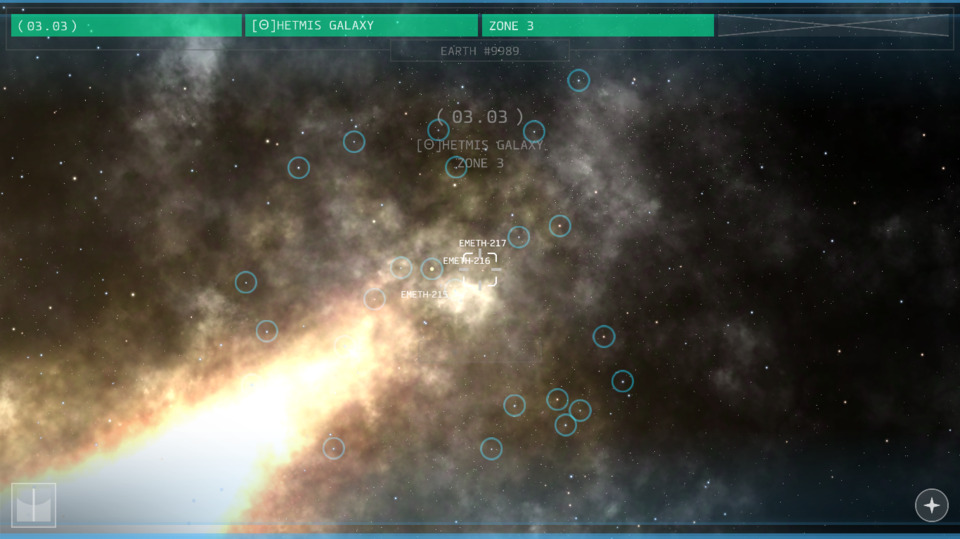Indie Game of the Week 251: Opus: The Day We Found Earth
By Mento 0 Comments

Welcome to Indie Game of the Week: 2022 Edition! January's going to be a busy month with all this GOTY business afoot so I've decided to start with something slow and gentle to ease us into the new year. I discovered Sigono's Opus franchise last September with the second game, Rocket of Whispers, and was charmed by its unusual but accessible gameplay mechanics focused around an emotional core that I ended the review by saying that I'd made up my mind to chase down the other Opus games in 2022 and beyond. Well, here we are fulfilling part of that promise with the first Opus game, Opus: The Day We Found Earth.

Like Rocket of Whispers, The Day We Found Earth is set in some untold number of years into the future. Man has colonized space and has propagated using genetic science to keep the limited human gene pool of each colony as varied as possible. However, it seems like this particular pocket of the human race is stagnating without new DNA, so a mission was launched to create a powerful space telescope to find the cradle of civilization itself: the pale blue dot the human race once called its only home. There's no defined year but the game's story intimates that it is so far into the future that folks aren't even sure that Earth ever existed, and that humanity may have been created by other means as a purely nomadic spacefaring race. The game's deuteragonist, an astronomer named Dr. Lisa Adams, has a book of "Earthology" in her quarters to suggest that belief in Earth now borders on the spiritual; the other human occupant on the station, a man named Makoto, is a little more skeptical about there being a planetary origin of life and of the mission in general. The game's protagonist, meanwhile, is a robot named Emeth with a childlike personality who was created by Lisa and looks up to her as both a parent and a friend. Part of the game's narrative is how Emeth's ability to find accurate approximations of Earth is often hampered by his mood swings and tantrums, especially when a hologrammatic aid created by Lisa and built in her image and personality rubs him the wrong way as a fake version of his closest companion.
The game itself focuses, as you might expect, on scouring the cosmos for exoplanets that resemble Earth. Many details have been lost - apparently no-one remembers that the Earth had seven fellow planets in its star system, as that would've narrowed down the search considerably - but enough information remains that planets bearing the same gravity, average surface temperature, distance from its star, and atmospheric conditions can have up to 99.8% compatibility with the image contemporary scientists have of Earth, should it exist. Most stars are written off with a "compatibility: low" message with no follow-up, but a few special ones have some Mass Effect style rundowns of how it's close but not quite right, perhaps even a habitable planet that is nonetheless not the one humanity is searching for. The game alternates this planet searching with story moments, and like in Rocket of Whispers more of your home base becomes available to visit with various notes and keepsakes giving you some background into its characters, the setting, and the general vibe around what is seen as an overly idealistic endeavor. There's even clues and other data that points to "curiosities": celestial objects that aren't Earth but are interesting in their own right, like galaxies, supernovae, and constellations. The search for these non-Earth objects are the closest thing the game has to side-quests, with more unlocked post-game.

For the most part, Opus: The Day We Found Earth is just that one Mass Effect scanning mini-game without the material rewards used elsewhere in the campaign; rather, discovery is its own reward here. Players are given some direction with each target star, first with accurate coordinates and later with the AI pointing to a handful of likely stars clustered together. Later stars need a bit more guesswork, though most are obvious enough by their slightly greater prominence over their neighbors. It's certainly not a difficult game by any stretch as a result, and I feel that's largely by design as a casual gameplay experience with the primary goal to tell a story about hope and faith in the face of the overwhelming improbability of finding a blue needle in an enormous black haystack. I found it to be a chill enough time, though I would've perhaps preferred just a little more nuance and challenge, and for as predictable and sudden as the ending might've been it did feel somewhat earned. Rocket of Whispers is a clear evolution of this particular format, albeit with valuable scrap and keepsakes dotting the remains of human civilization rather than stars dotting the vastness of space, and I'm now looking forward to playing the third Opus game, Echo of Starsong, more than ever. It was worth going back to check in on this one, for as relatively brief as it was and paper-thin as its mechanics were. Plus, I just really like astronomy in games; it's one of those things like photography or fishing sidequests in that I can never get enough of their relaxing pace. Here's hoping the rest of 2022 can be as laid-back.
Rating: 4 out of 5.
| < Back to 250: My Time at Portia | The First 100 | The Second 100 | > Forward to 252: MagiCat |
